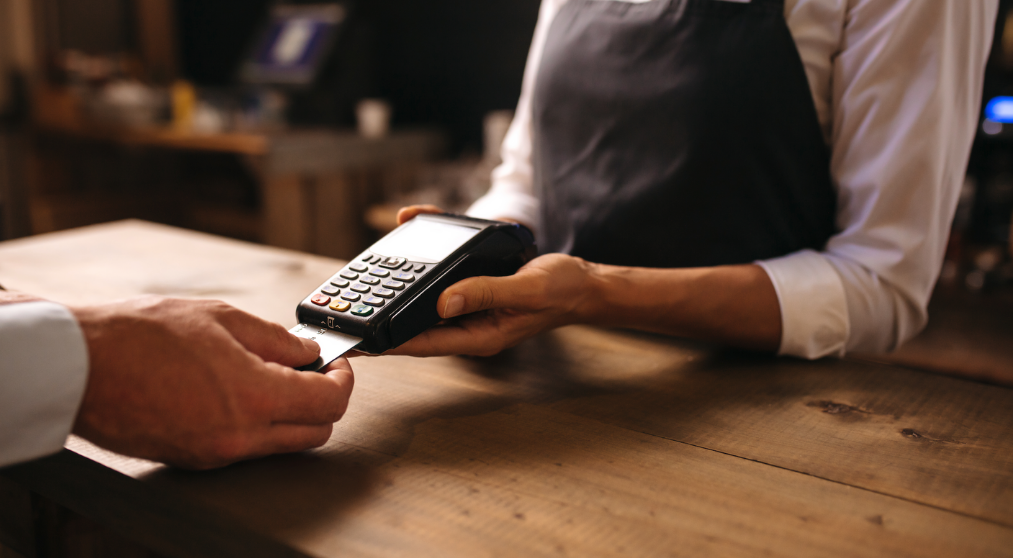Whether you’re planning a road trip to the mountains or jet-setting to an exotic location, it’s essential to keep your finances and personal information safe while traveling. Consider these helpful tips from the Elevations fraud team as you plan for your next trip.
Preparing for your trip
- Copy important documents – Make copies of your passport, driver’s license or another form of ID and keep the copies with you when you travel just in case you need proof of identification to leave your destination.
- Hold your mail – Set up a hold on your mail with the U.S. Postal Service. They can do this for up to 30 days while you travel. This will help keep mail from piling up in your absence or falling into the wrong hands.
- Schedule payments – Make bill payments in advance of your trip or set up autopay before you leave. This will help you avoid logging in to accounts with sensitive personal information while traveling.
- Ensure devices and apps are updated – Update your devices with any software patches or operating system updates available. Updating on your secure home internet connection is much safer than updating while traveling.
- Share your plans with family – While it is not advised to post travel plans on social media or include travel locations and dates in your work out-of-office email response, you should inform a few close family members or friends of your travel plans.
- Minimize – Sort through your wallet or purse and bring only what you need for the trip. Remove everything else that could identify you or be easily misplaced, like student IDs, gym cards or old receipts.
- Let your financial institution know – Reach out to your credit union or bank to inform them you’ll be traveling. This will help avoid your charges being flagged as suspicious activity or declined.
While you are traveling
- Avoid using public Wi-Fi – It’s tempting to use public Wi-Fi, but be wary. Hackers also use public Wi-Fi to access and steal personal data such as credit card information and Social Security numbers. An option to help keep your info safe while using public Wi-Fi is to use a virtual private network (VPN), which encrypts your web browsing data.
- Use credit cards – As much as possible, use your credit cards instead of cash or debit cards. If your wallet gets stolen, your debit cards may offer less protection, and dealing with fraudulent charges can be less of a hassle on your credit card. Plus, using a credit card means you can avoid carrying a lot of cash.
- Get cash safely – If you need to withdraw cash while traveling, use your debit card — using credit cards to withdraw cash usually comes with higher fees. Only use reputable ATMs at financial institutions you recognize. If you’re an Elevations member, you can use our branch locator to find a map of credit union CO-OP ATMs and branches.
- Separate and hide cards and cash – Avoid keeping all your money and cards in your wallet or purse. By breaking them up and keeping them in different places, you minimize your chances of someone stealing all your money and cards at the same time.
Enjoy your trip and feel secure knowing you are taking measures to protect your identity and finances while you travel.
Concerned your Elevations Credit Union account may be at risk? Email our fraud team at fraudmanagement@elevationscu.com.
Concerned your Elevations Credit or Debit card may be compromised? Please report it as soon as possible. To report fraud or dispute a transaction, please call 888.346.4412.
Safe travels!


